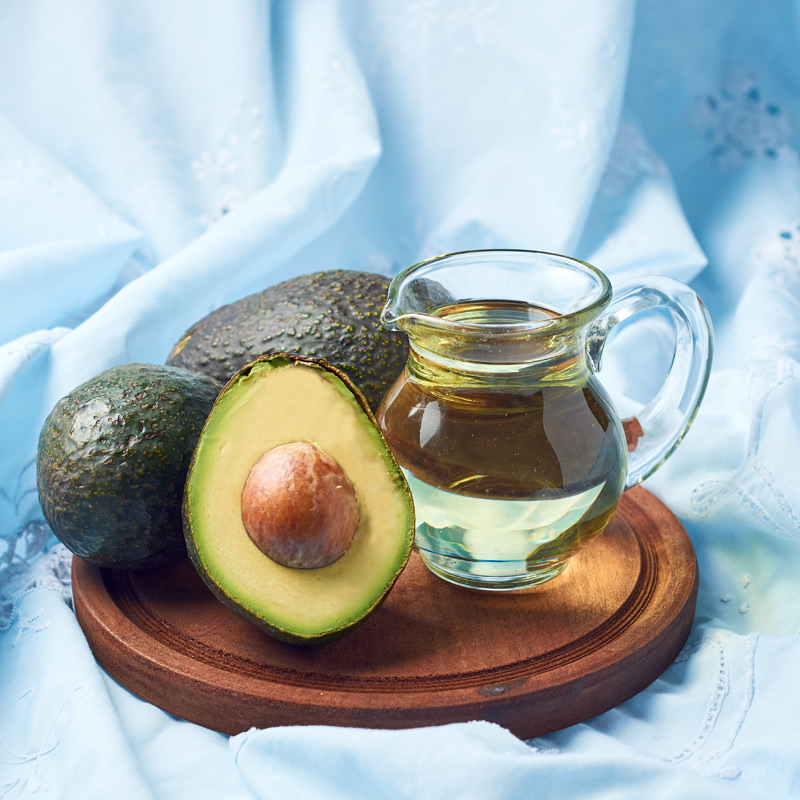
100 gr |
-- |
|
|---|---|---|
| Carbohydrate (gr) | 15.04 |
4928.47 |
| Protein (gr) | 3.59 |
1176.23 |
| Fat (gr) | 12.46 |
4083.43 |
| Fiber (gr) | 1.36 |
445.97 |
| Cholesterol (mg) | 14.64 |
4795.8 |
| Sodium (mg) | 325.27 |
106557.75 |
| Potassium (mg) | 392.16 |
128471.4 |
| Calcium (mg) | 78.15 |
25603.27 |
| Vitamin A (mg) | 46.04 |
15084.01 |
| Vitamin C (mg) | 6.16 |
2019.31 |
| Iron | 0.62 |
203.1 |
Avocado oil is a plant-based oil extracted from the pulp of avocados. It serves versatile purposes, being widely used both in cooking and as a raw ingredient in salads and dressings. Its high smoke point makes it particularly suitable for frying and sautéing, while it also finds applications in cosmetics and as a lubricant in industrial contexts.
Calories in avocado oil are 884 calories per 100 ml.
One of the standout features of avocado oil is its remarkably high smoke point. For unrefined avocado oil, this point is approximately 250°C (482°F), while refined avocado oil boasts an even higher smoke point of around 271°C (520°F). These qualities make it a preferred choice for high-temperature cooking methods, ensuring stability and preserving its nutritional value under heat. However, the exact smoke point can vary depending on the oil’s quality and degree of refinement.
It is rich in monounsaturated fats, particularly oleic acid, which is known to support heart health. Additionally, avocado oil contains vitamins such as vitamin E and antioxidants like lutein, which contribute to skin health and protect against oxidative damage.
Beyond the kitchen, avocado oil is a prized ingredient in the cosmetic industry. Its moisturizing and skin-nourishing properties make it a common component in skincare products, such as lotions, serums, and hair treatments. Industrially, it is sometimes used as a natural lubricant in specific machinery due to its viscosity and stability.